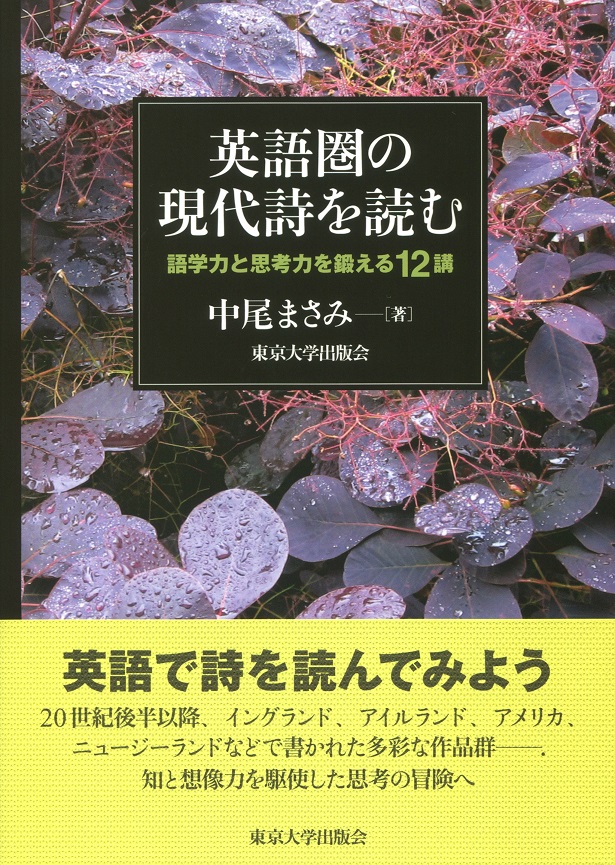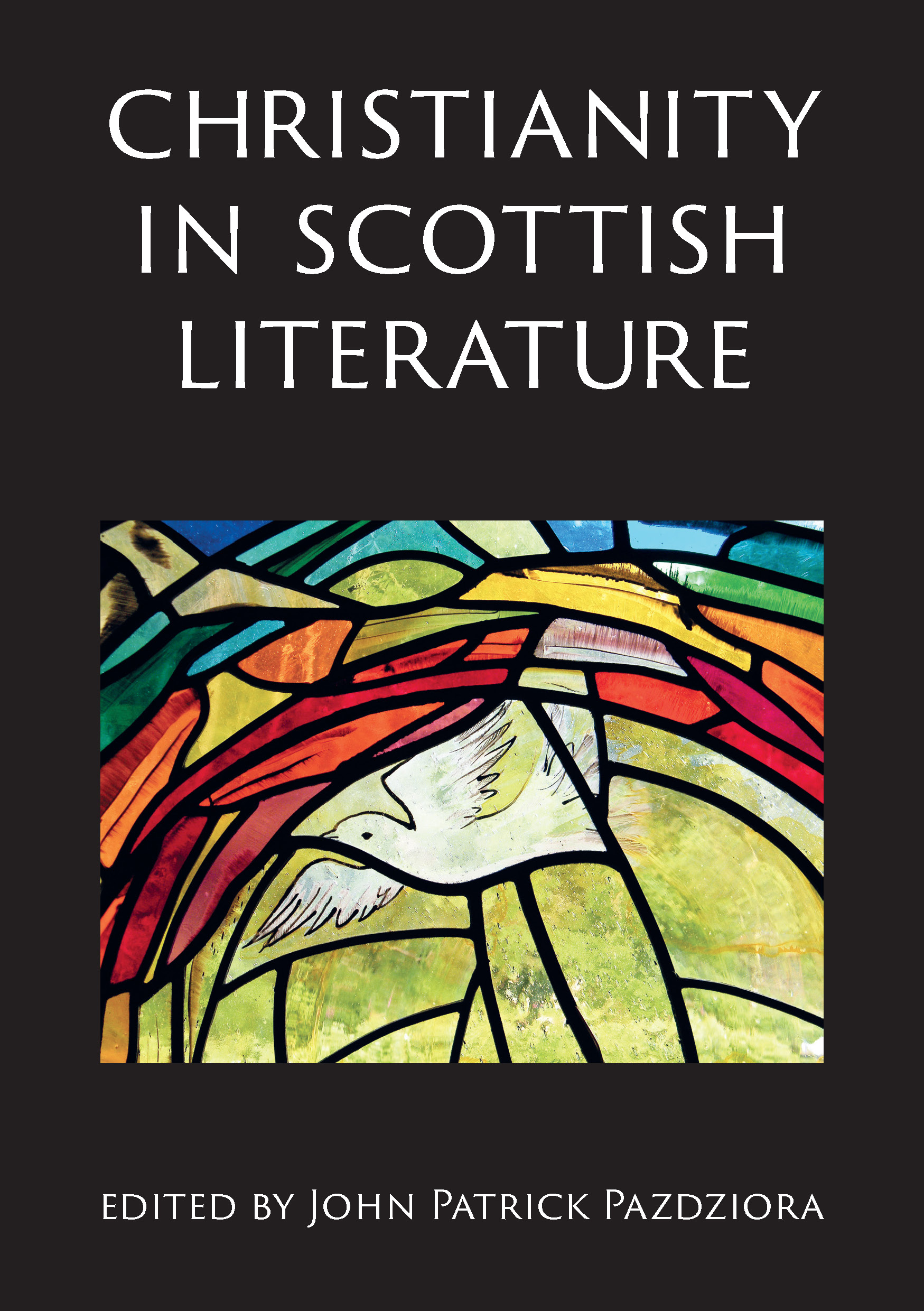
Title
Eigoken no Gendaishi wo Yomu (Reading Contemporary Poetry in English)
Size
216 pages, A5 format
Language
Japanese
Released
September 21, 2017
ISBN
978-4-13-083075-1
Published by
University of Tokyo Press
Book Info
See Book Availability at Library
Japanese Page
Eigoken no Gendaishi wo Yomu is based on lectures on contemporary poetry in English delivered to undergraduates as part of the University of Tokyo’s liberal arts education. For some students, the lectures were their first (and possibly last) experience of reading poetry in English, or in any language for that matter. More emphasis, accordingly, was put on closely examining the strange and unexpected uses of language found in poetry and on thinking deeply about what is expressed through them. The book tries to reproduce this critical process of analysis and reflection.
Interestingly, contemporary poetry suits this purpose quite well. Beginning with Modernism, which urged us to reconsider the definition of the genre itself, poetry over the past hundred years has experienced an almost vertiginous journey of continued renewals in both form and content. The best way to appreciate its diverse and elusive riches, perhaps, is simply to jump into individual poems and experience them with one’s own senses.
The book is divided into four sections. The first section, ‘The Language of Poetry’, considers the boundary of ‘poetic’ language by analyzing Paul Muldoon’s translation of an Irish poem by Nuala Ní Dhomhnaill, Edwin Morgan’s experimental poems, and Stevie Smith’s poems with illustrations. The second section, ‘Opening the Tradition’, discusses how modern poetry reinterprets traditional poetic tools such as the intricate form of ‘Sestina’ (James K. Baxter), dramatic monologue (Simon Armitage), and music (Linton Kwesi Johnson and Dub poetry).
The latter two sections deal with contemporary themes; while the third section, ‘Who is “I”?’, explores the self in relation to memory (John Burnside), gender (Carol Ann Duffy), and identity (Paul Muldoon), the final section, ‘Living in the World Today’, considers external issues such as regional conflicts (Seamus Heaney), minority voices (Jackie Kay), and the post-colonial remapping of poetry in English (Robert Sullivan).
Reading these poems can be likened to a continuous dialogue with their authors and with oneself. The book invites the reader to enjoy this rewarding process.
(Written by Masami Nakao, Professor, Graduate School of Arts and Sciences / 2018)



 Find a book
Find a book


